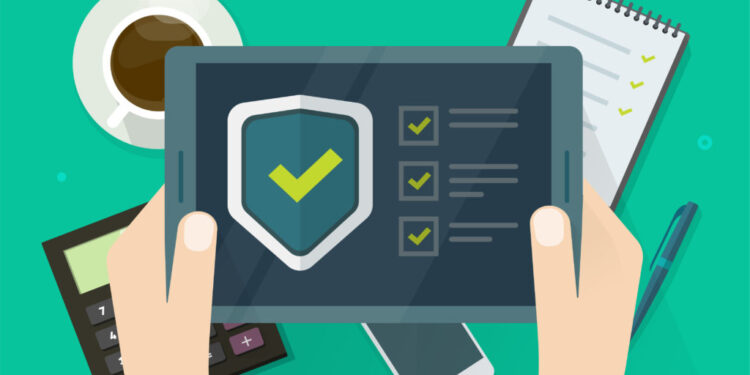In the new digital era, a single click can end up costing your business thousands or even millions. In an ideal world, everyone in an organization would be trained in preventative cybersecurity measures. However, that’s not always the case. In most cases, a lot of users leave the network exposed.
Because of this, we’ve gone ahead and put together a thorough yet actionable list that can help you stay safe online. This is the time to start implementing Cybersecurity solutions such as XDR to ensure you and your users stay safe on the Internet.
1. Avoid Clicking Links
One of the most basic things you want to stop doing is clicking links from unknown senders in emails and texts. This is especially true if it’s asking you for sensitive information or even for you to log in. Instead, you want to go directly to the site (after typing it in your address bar). This will ensure you are entering your sensitive information in the right place.
While it’s tempting to share all kinds of stuff online, you want to avoid doing that as much as possible. Unfortunately, a lot of hackers are using social media and what people share online against them. Whether it’s your dog’s name or your favorite sports team, these things can be used against you to answer security questions. Always think about whether or not something can be used against you when sharing it online.
3. Go Through Proper Channels
Try to avoid going away from the proper channels when you are doing something online. For instance, if you are buying something on eBay and someone asks you to pay through a third-party site or directly through PayPal, avoid it. You want to always stick to using the proper channels of communication and payment.
4. Don’t Reuse Your Passwords
This is a big problem that a lot of people have. After all, it’s difficult to remember a lot of different passwords. Because of this, many end up reusing the same one over and over. Avoid reusing passwords by using a password manager.
5. Don’t Pay For Unexpected Invoices
You want to avoid paying for anything unexpected. That unexpected invoice from a vendor you never heard of? It’s probably a scam. Also, if someone asks you to pay for something in gift cards, it’s a clear red flag to avoid.
6. Don’t Use Real Answers For Recovery Questions
While it may seem odd, you shouldn’t be using real answers for your recovery questions. Unfortunately, these things are very easy to figure out with a lot of our information being shared online. If you answer your questions with real information, it could be very easy to reset your password and even take control of your account. This means you have to be more organized with your account information and the answers to the questions. Store these things in a secure place so you can access them when you need to.
7. Report Suspicious Emails
If you find emails from an unknown sender or if they are suspicious, report them to the IT department at work.
8. Get a Password Manager
As mentioned above, you want to get a password manager tool. This makes it easy to generate effective and secure passwords and store them for easy use.
9. Be Vigilant
You need to be vigilant with your emails and text messages. Don’t provide any sensitive information using either. Keep in mind, that no bank is going to request access to your account through these channels.
10. Use virtual phone numbers for any services
Virtual phone numbers allow you to sign up on not your own number. You just need to receive SMS online and sign up with this SMS. Easy as that.It will keep your personal data under control, so you wil surf the Web anonymously.











